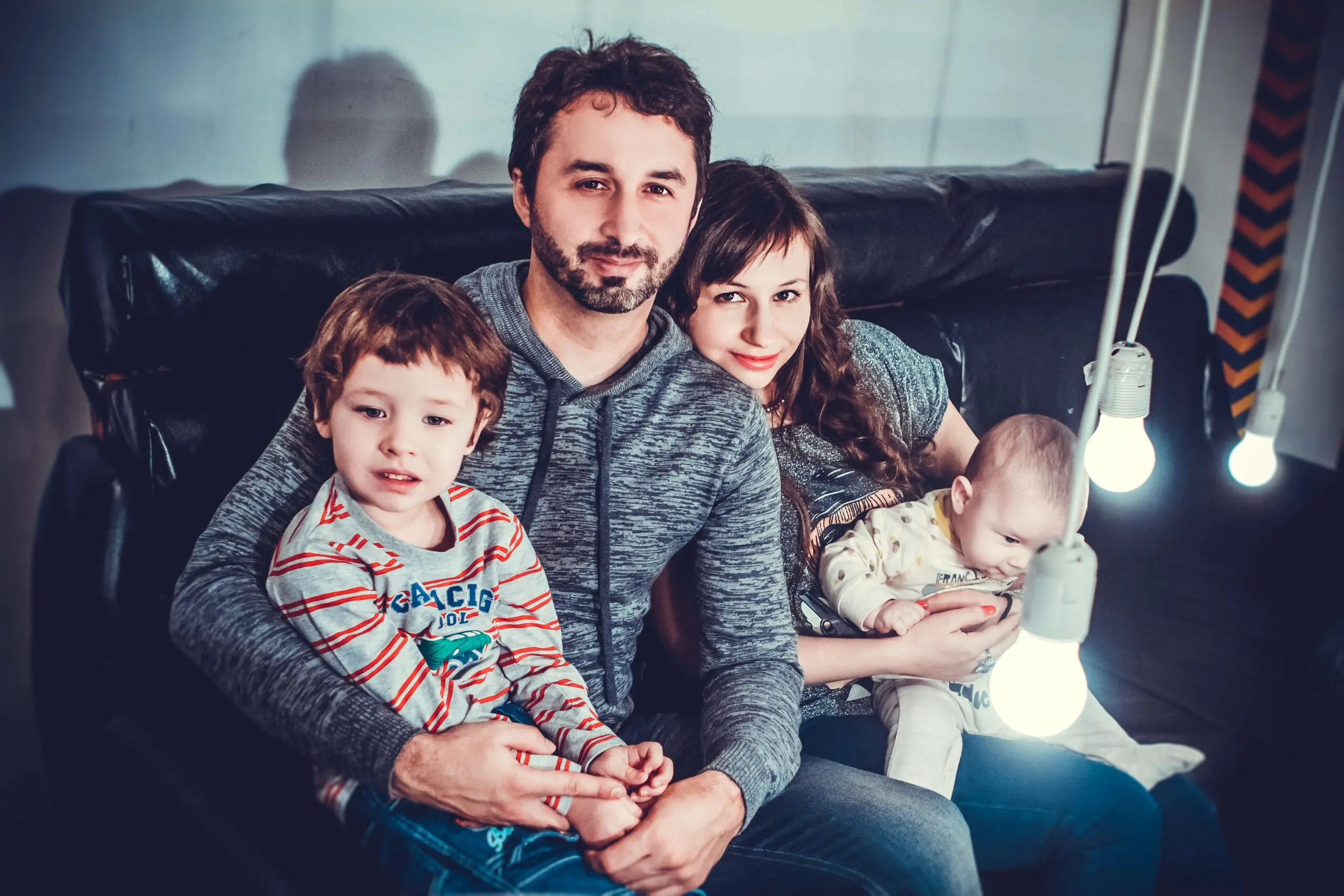Family First Evidence-Building Hub: Annual Report & Spotlight on External Research Partner, Colorado Implementation Science Unit

Colorado’s 5-Year Family First Prevention Services Plan advances evidence-based programs and services to support child welfare-involved families with the goal of keeping children safe and more families together. The Colorado Lab leads the Family First Evidence-Building Hub on behalf of the Colorado Department of Human Services. We work with cross-system prevention partners to co-create a strategic vision, coordinate rigorous evaluations by activating the external research network, and build evidence for programs toward a “well-supported” evidence designation by the Title IV-E Prevention Service Clearinghouse.
Building Evidence for Effectiveness and Tailoring Approaches to Community Needs
Under the Family First Evidence-Building Hub, the Colorado Lab coordinates and oversees evaluations to build evidence of effectiveness for four interventions as part of the state’s strategy to support children and families and prevent foster care placement. Additional evaluations will be added under the Hub as new programs and services are prioritized. Evidence-building for the current set of interventions focuses on:
- whether an innovative approach works and for whom;
- whether an evidence-based program or service prevents the need for out-of-home care;
- when a program or service needs to be adapted to be culturally responsive; and
- how to deliver intensive programs or services in rural communities to expand reach and access.
Our newly released Family First: Rigorous Evaluation Annual Report shares evidence to date for programs and services that are either currently in the Prevention Services Plan or were recommended by the Lab as programs to consider including in the Plan. Six services already rated by the Title IV-E Prevention Services Clearinghouse (Clearinghouse) are featured: (1) Child First, (2) Fostering Healthy Futures for Preteens, (3) Fostering Healthy Futures for Teens, (4) SafeCare Colorado, (5) Trauma-Focused Cognitive Behavioral Therapy, and (6) Colorado Kinnected Kinship Navigator. The report also provides information on evidence-building for three programs that have not yet been rated by the Clearinghouse: (1) Colorado Community Response, (2) Fostering Opportunities, and (3) Multisystemic Therapy Telehealth-Enhanced.
External Research Partner: Colorado Implementation Science Unit
The Colorado Lab is partnering on this work with the new Colorado Implementation Science Unit (CISU). Positioned within the Office of Children, Youth, and Families at the Colorado Department of Human Services, CISU is the first of its kind in the United States, providing dedicated expertise to help historically under-resourced communities develop and implement prevention programs that fit their needs.
“For example, in a rural area with workforce shortages and larger distances between communities, we may consider adding telehealth options to a program. This would warrant additional evidence-building because it’s not the model that was studied,” said Tiffany Madrid, CISU Director of Strategic Research. “Our focus is to be sensitive to cultural norms and geographic realities, and to work together with communities to ensure programs are positioned to help serve them most effectively.”
Another core tenet for CISU is to intentionally demonstrate how government agencies can best apply evidence-based policymaking. “We know that rich information is available to help improve outcomes for individuals in need. Yet some studies suggest there’s a

Tiffany Madrid
17- year gap from when an idea is first generated to when it is incorporated into practice. Our aim is to significantly shorten that process and ensure government is using the best available information in its policy development. This matters deeply,” Madrid says, “because we can improve people’s lives, save money and time, provide citizens with confidence in evidence-based, government-supported programs and, I believe, also influence other governments to follow suit.”
For more information about the Family First Evidence-Building Hub, please contact Dr. Elysia Clemens.